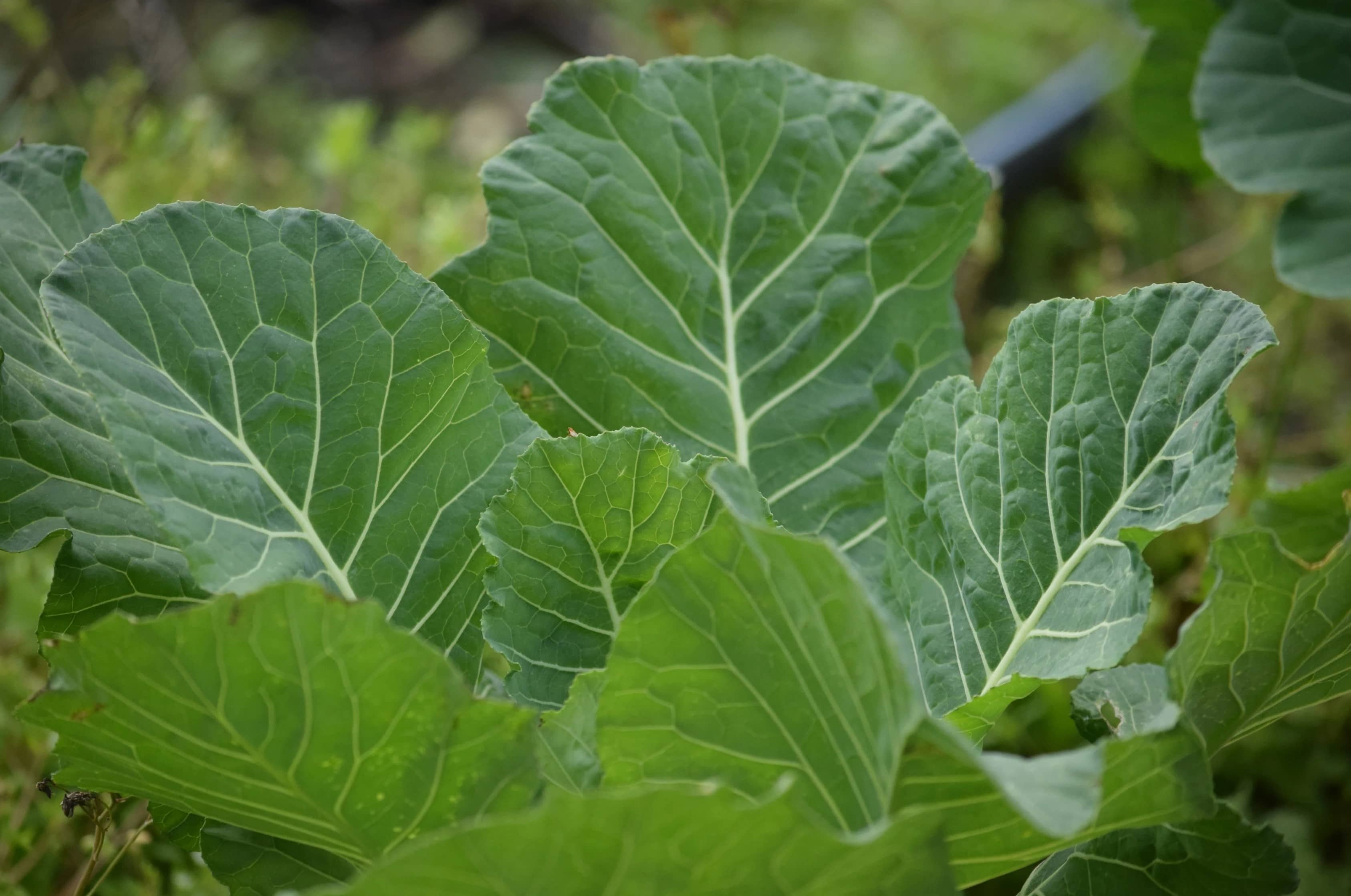
Vates, often referred to as seers or prophets in ancient cultures, hold a fascinating place in history. These individuals were believed to possess the ability to predict the future, communicate with deities, and offer guidance to their communities. But what exactly made vates so special? Their unique blend of spirituality, wisdom, and mysticism set them apart from ordinary folk. From the druids of Celtic tribes to the oracles of ancient Greece, vates played crucial roles in shaping decisions and events. Ever wondered how they gained their insights or what rituals they performed? This article dives into 15 intriguing facts about vates, shedding light on their mysterious world and the legacy they left behind.
Key Takeaways:
- Vates, ancient prophets and seers, played vital roles in advising leaders, conducting rituals, and preserving cultural traditions. Their methods included divination, trance states, and the use of sacred sites and herbs.
- The legacy of Vates lives on in literature, inspiring characters like Merlin, and in modern psychics and cultural references. Their mystical blend of poetry, prophecy, and divine connection continues to captivate our imagination.
What is a Vates?
A Vates is a term from ancient times, often referring to a prophet or seer. These individuals were believed to possess the ability to foresee the future or communicate with the divine. Let's dive into some fascinating facts about these mystical figures.
Origins of the Term
The word "Vates" has a rich history and intriguing origins. Here are some key points about where it came from and how it was used.
- Latin Roots: The term "Vates" comes from Latin, where it meant a poet or prophet.
- Celtic Influence: In Celtic culture, a Vates was a seer or soothsayer, often working alongside Druids.
- Greek Connection: The Greeks had a similar concept called "mantis," which also referred to a prophet or seer.
- Roman Usage: Romans used the term to describe poets who were believed to be inspired by the gods.
Role in Ancient Societies
Vates played significant roles in various ancient societies. Their influence extended beyond mere predictions.
- Advisors to Leaders: Vates often served as advisors to kings and chieftains, offering guidance based on their visions.
- Rituals and Ceremonies: They were integral to religious rituals, interpreting omens and conducting ceremonies.
- Cultural Preservation: As poets, they preserved and transmitted cultural stories and traditions through their verses.
- Mediators: Vates acted as intermediaries between the divine and the mortal world, conveying messages from the gods.
Methods and Practices
The practices of Vates were diverse and often shrouded in mystery. Here are some common methods they used.
- Divination: They practiced various forms of divination, such as reading animal entrails or interpreting natural phenomena.
- Trance States: Entering trance states was a common method for receiving visions or prophecies.
- Sacred Sites: Many Vates conducted their practices at sacred sites, believed to be closer to the divine.
- Use of Herbs: Certain herbs and plants were used to enhance their abilities or induce visions.
Legacy and Influence
The legacy of Vates continues to influence modern culture and literature. Their impact is seen in various ways.
- Literary Figures: Many literary works feature characters inspired by the concept of Vates, such as Merlin in Arthurian legends.
- Modern Psychics: The idea of individuals with prophetic abilities persists in modern times, often referred to as psychics or mediums.
- Cultural References: Vates are referenced in various cultural contexts, from movies to books, highlighting their enduring fascination.
The mystique of Vates, with their blend of poetry, prophecy, and divine connection, continues to captivate our imagination.
Final Thoughts on Vates
Vates, often overlooked, hold a fascinating place in history and culture. These ancient seers, poets, and prophets shaped societies with their wisdom and foresight. From guiding leaders to inspiring art, their influence is undeniable. Understanding vates gives us a glimpse into how ancient civilizations valued knowledge and intuition. Their legacy continues to intrigue scholars and enthusiasts alike. Whether you're a history buff or just curious, learning about vates enriches our appreciation of the past. So next time you hear about ancient prophets or poets, remember the vates and their timeless contributions. Their stories remind us of the enduring power of wisdom and creativity. Dive into the world of vates, and you'll find a treasure trove of insights waiting to be discovered.
Frequently Asked Questions
Was this page helpful?
Our commitment to delivering trustworthy and engaging content is at the heart of what we do. Each fact on our site is contributed by real users like you, bringing a wealth of diverse insights and information. To ensure the highest standards of accuracy and reliability, our dedicated editors meticulously review each submission. This process guarantees that the facts we share are not only fascinating but also credible. Trust in our commitment to quality and authenticity as you explore and learn with us.


